The BBC wants to know what you think about its future – and it’s asking a million people to tell them.
From today (March 27), millions of BBC account holders across the UK will start receiving invitations to complete the “Our BBC, Our Future” questionnaire, marking what the broadcaster calls its “biggest ever public engagement exercise, with the BBC expecting at least a million to take part.
But make no mistake – this isn’t just the Beeb being curious about your viewing habits. It’s the opening move in what will be a major fight for the broadcaster’s very survival in a media landscape that’s shifting beneath their feet.
The questionnaire lands at a time when the BBC is facing some truly existential challenges: young viewers are abandoning ship in record numbers, licence fee evasion is soaring, and the whole industry is headed for a massive shift from aerials and satellite dishes to internet-based telly.
Why This Matters
The current BBC Royal Charter, which sets the corporation’s mission and public purposes, expires in 2027.
The responses to this questionnaire will help shape the BBC’s negotiations with the government about what comes next.
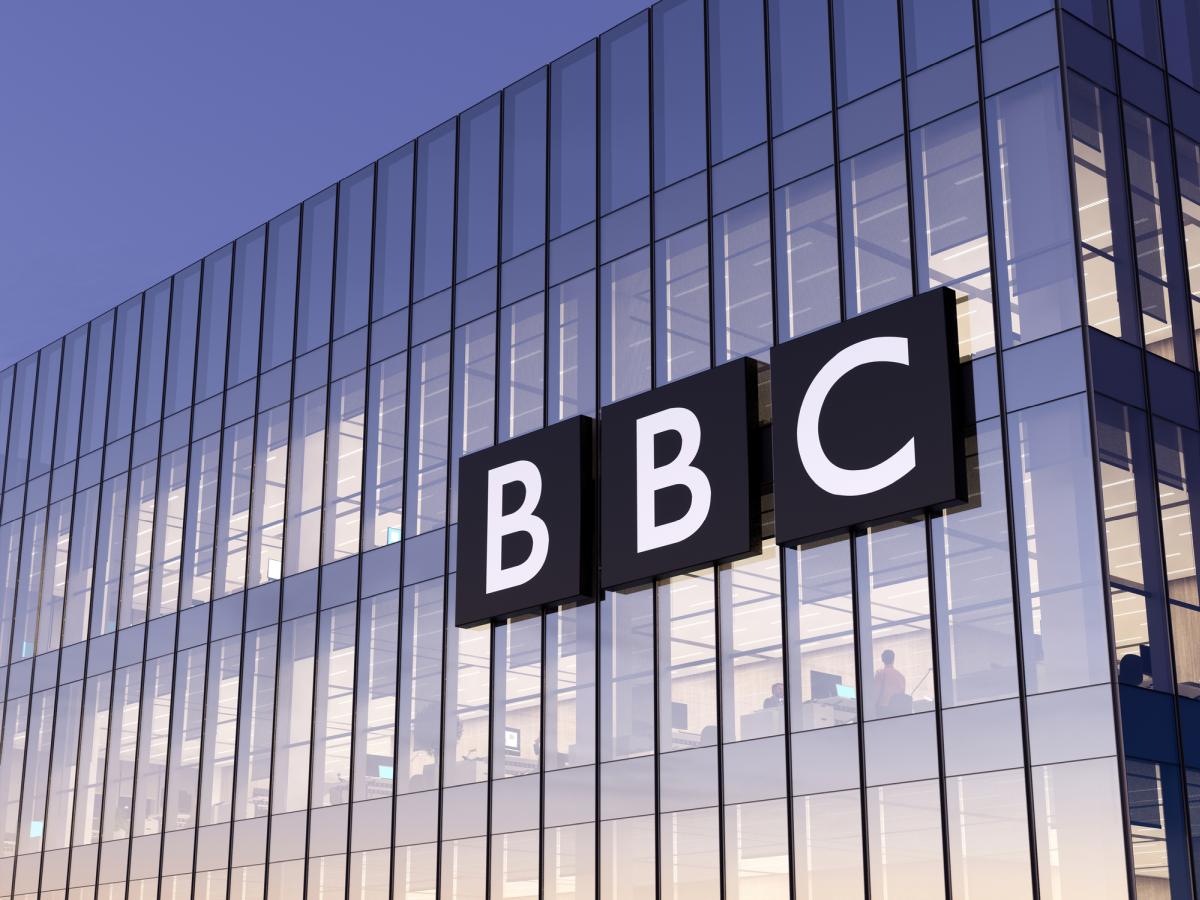
Tim Davie, BBC Director-General, emphasised the importance of public participation: “The BBC belongs to all of us and we all have a say in its future.
“By taking part in this short questionnaire, people will be able to tell us what they want the BBC to offer, what we do well, what we could do better, and what they want us to focus on in years to come.”
The BBC says the questionnaire will take approximately 10 minutes to complete, and all responses will remain confidential. The findings will be published later this year, along with potential implications for the broadcaster’s future.
What The Questionnaire Asks
According to the BBC’s announcement, the questionnaire focuses on several key areas:
- What you and your family currently watch, listen to or use
- What programmes/content you want from the BBC
- What the BBC should provide overall
- What kind of organisation you want the BBC to be in the future
- How you feel the BBC is performing now
- What the BBC should stand for in the future
Notably absent from this list is any direct mention of the TV Licence fee or funding models – though there is a free text box at the end where respondents can share “anything else important that the BBC could offer or improve in the future.”
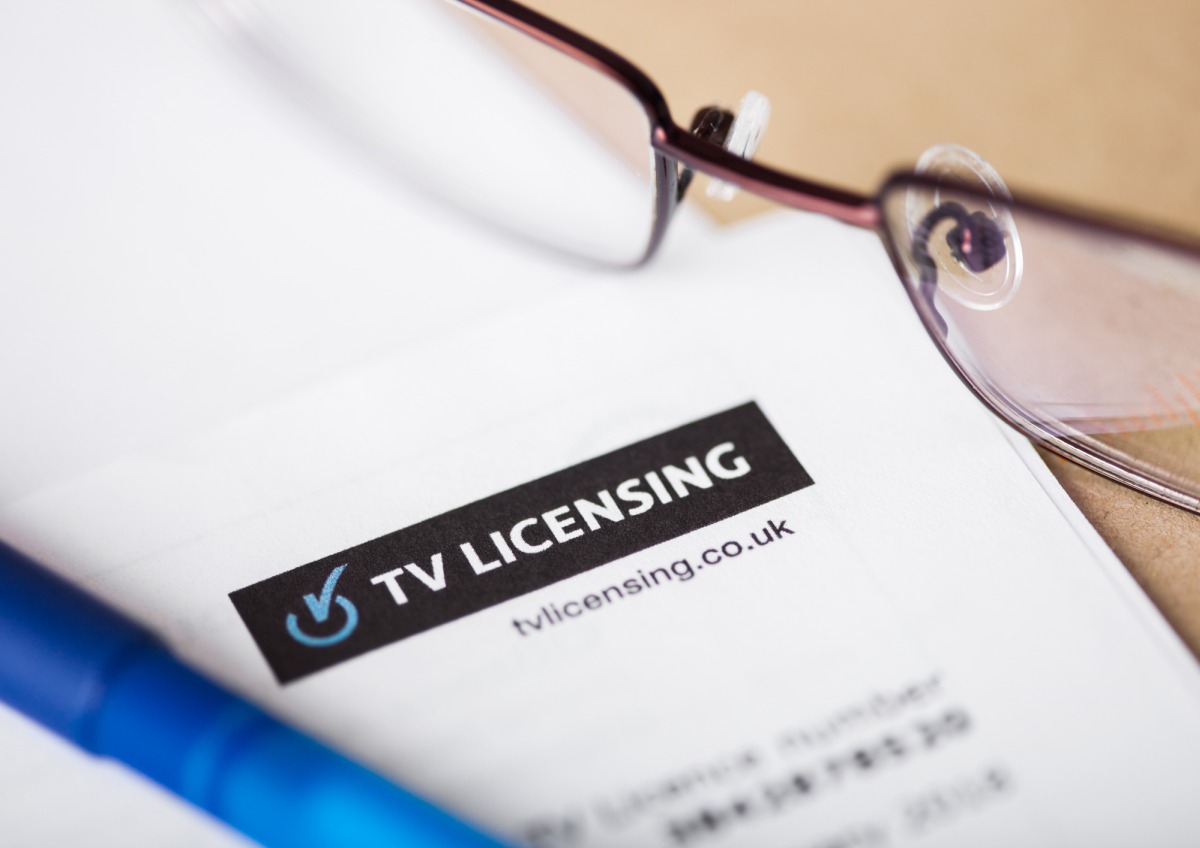
It seems inevitable that many will use this opportunity to voice their opinions on the controversial licence fee.
A BBC in Crisis?
This consultation comes against a backdrop of serious challenges for the broadcaster. An Ofcom report released last December revealed just how dramatically the BBC’s relevance has declined among young viewers.
British youngsters aged 16-24 now spend just 13% of their viewing time watching traditional TV channels – and a tiny 5% with the BBC. For comparison, these same viewers spend 34% of their time on platforms like YouTube and TikTok.
The contrast with older generations is stark. Viewers over 35 spend 50% of their time with traditional TV channels and 23% with the BBC. While 92% of over-55s use BBC services each week, that drops to just 78% for 16-34 year olds.
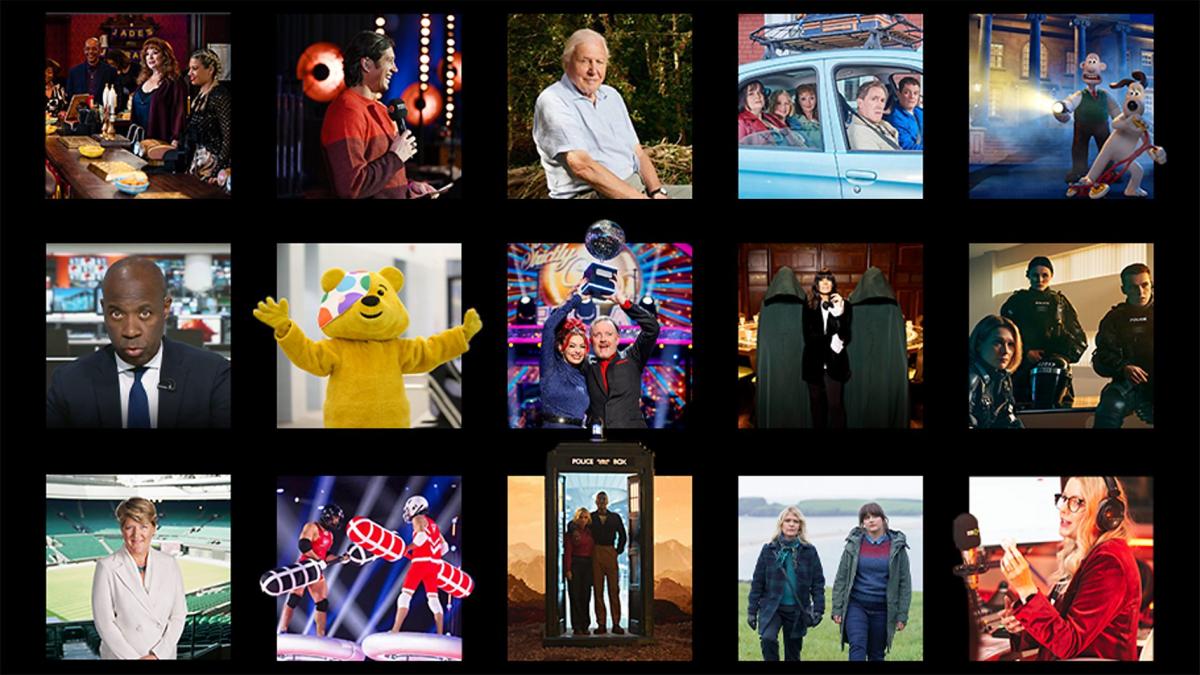
Even the BBC’s streaming service, iPlayer, which should be its secret weapon in the digital age, accounts for just 4% of all viewing – though it remains the largest British streaming service.
Licence Fee Under Pressure
While the questionnaire doesn’t explicitly ask about the TV Licence, it’s impossible to discuss the BBC’s future without addressing its primary funding mechanism.
Recent parliamentary hearings revealed that TV Licence evasion has hit 11.30% – its highest level since 1995 – representing approximately £466 million in lost income annually for the BBC.
Meanwhile, the number of households legally declaring they don’t need a licence has jumped by half a million in just one year, reaching 3.3 million homes.
Even BBC Chair Dr Samir Shah recently admitted he’s “troubled” by the criminal penalties for non-payment, telling MPs: “I am troubled by the idea that in today’s world not paying the licence fee is a criminal offence.”

Both Shah and Davie have acknowledged the need for significant reforms to the current system, with potential options including:
- Making the fee more progressive based on household income
- Reforming what activities require a licence to better reflect modern viewing habits
- Differently structured charges for businesses versus households
- Reviewing the costs of providing free licences for over-75s on pension credit
However, they’ve firmly rejected advertising and subscription models as alternatives.
The Digital Transition Challenge
Another major consideration looming over this consultation is the BBC’s planned shift to internet-based television delivery.
During a parliamentary grilling earlier this month, BBC bosses revealed plans for a major transition away from traditional aerial broadcasting (Freeview) towards IPTV (Internet Protocol Television) over the coming decade.
Government research predicts that by 2040, more than 70% of UK homes will have ditched traditional broadcast methods entirely, getting all their television through broadband connections instead (with services such as Freely).
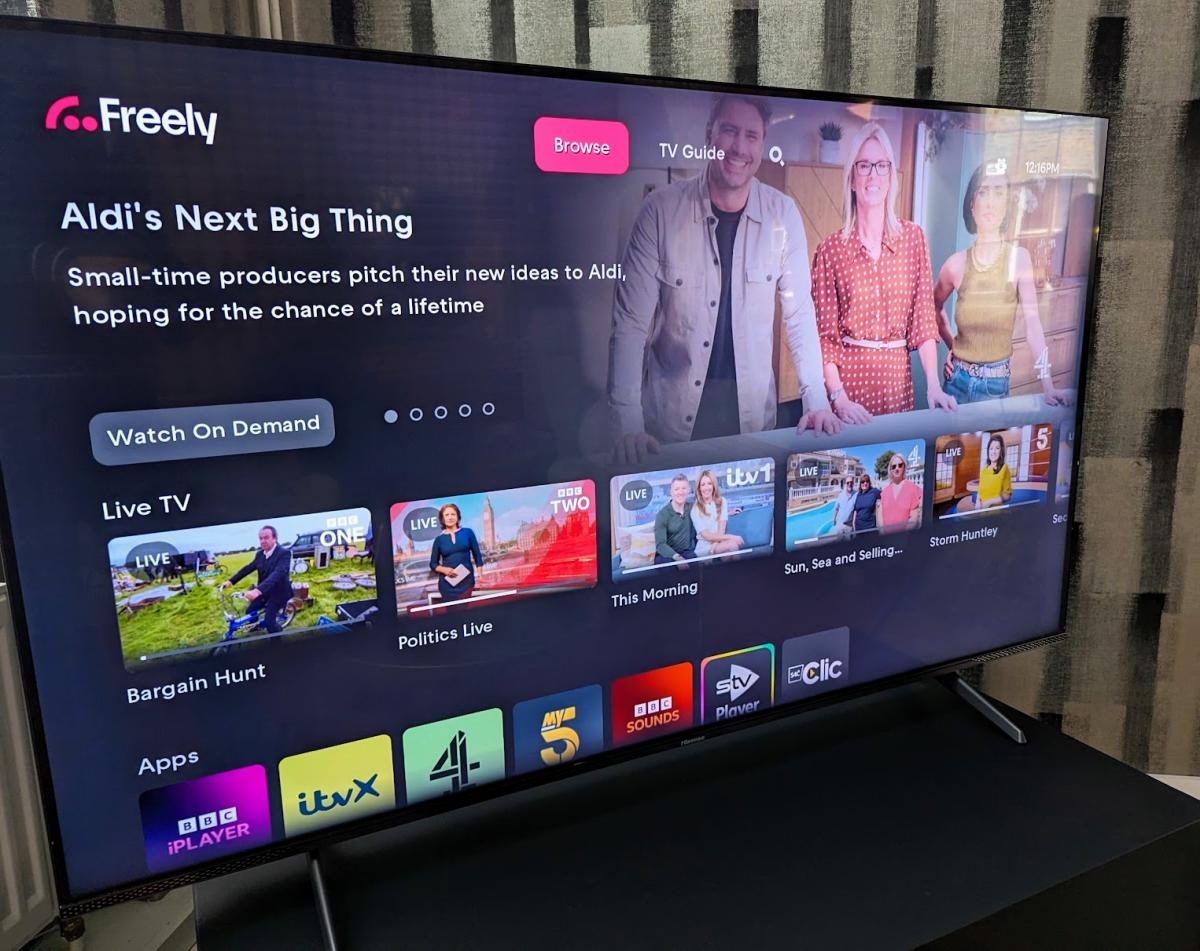
While the BBC supports this direction, Davie made it clear they won’t abandon viewers who might struggle with the transition: “We are a universal broadcaster,” he told MPs, emphasising the need to ensure nobody gets left behind.
The shift creates significant challenges, particularly for older people, those living alone, lower-income households, rural communities with patchy broadband, and people with disabilities.
Davie was also clear that while the BBC will help viewers navigate this change, they don’t believe they should pay for the infrastructure needed: “I definitely don’t think we should be paying for a switchover in that way. That’s not what the licence fee is paying for.”
What’s At Stake
This questionnaire represents more than just a feedback exercise – it’s part of an existential conversation about what role the BBC should play in British society going forward.
The findings will help inform discussions with the government as part of the Charter Review process, which will determine the scale and scope of the BBC’s services and how it’s regulated in today’s global media market.
With streaming giants like Netflix and Disney+ spending billions on content, social media platforms capturing more and more young viewers’ attention, and traditional TV viewing in decline, the BBC faces unprecedented challenges to its traditional role.
The consultation offers every licence fee payer a chance to shape what comes next.
If you have a BBC account, you should receive an email invitation to complete the questionnaire over the coming weeks. The BBC will also conduct additional audience research and polling throughout 2025 and 2026.
For more news about TV and streaming, Subscribe to our free newsletter.
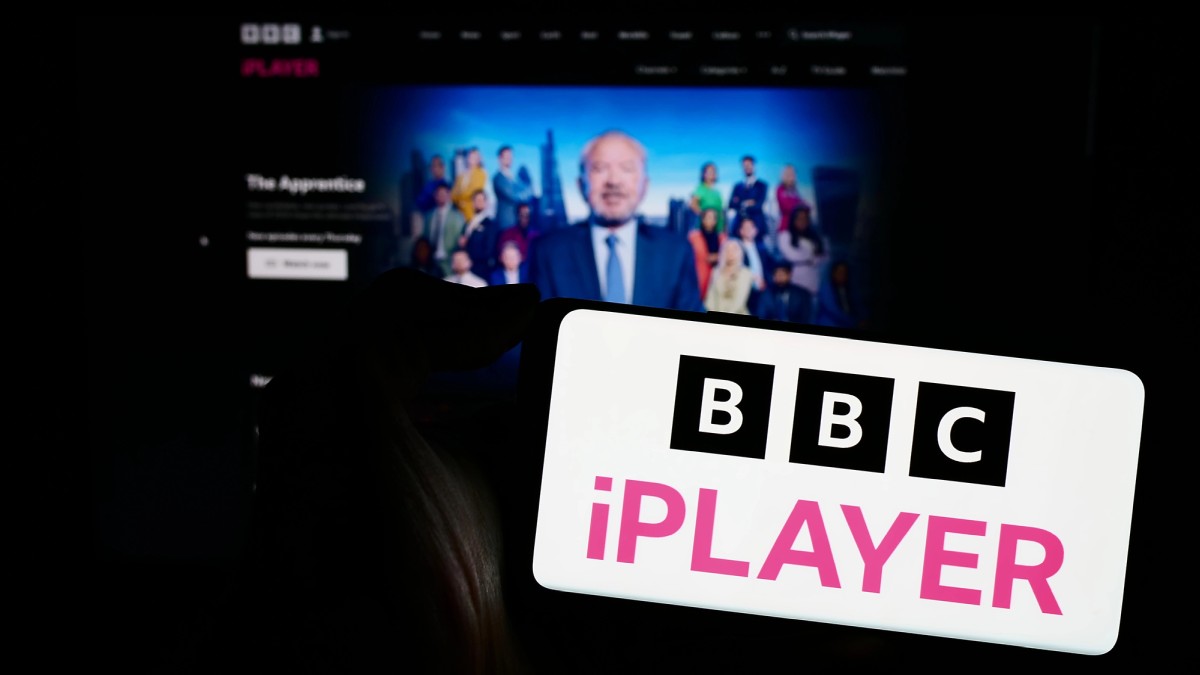
Doctor Who is the only BBC show I watch regularly, although I tune into Strictly and David Attenborough every so often. I agree that the recent adaptation of Towards Zero was unwatchable, it certainly wasn’t how I remembered it from the book! I gave up after the first episode when I found myself nodding off. I got the impression the writers were trying to push home some sort of message (i.e., rich people are miserable) at the expense of the story.
The BBC has such a diverse offering that needs to be protected.
I watch some of the programmes mentioned already but I also consume regional news (the alternatives are shockingly poor), lots of radio shows and the bbc news/sport website daily (it annoys left and right equally so must be doing something right). I do wonder why we have national news presenters though, why can’t the regional presenters also cover national stories.
Perhaps they shouldn’t try to compete with the streamers for some content and partnering like they have for Doctor Who may be an option to maintain the high quality dramas they create (when they don’t trash remakes).
For all it offers the licence fee is good value when you consider how much each streamer wants each month to watch stuff without ads and in HD/UHD.
For me the BBC has completely lost it’s identity. They chase the Premier League at the detriment of the other 72 league clubs & ITV get the larger share of public watching.
Why they got rid of Doctors & kept easteanders is beyond me.
Once great at producing period dramas & even retelling the classics now they seem to waste OUR money on pointless programming & since the,80s I’ve found & still do find both BBC2 & 4 the best channels. Channel 4 have Walter Presents & even the 5th channel has some great documentaries.
Dr Who, the repair shop & the 2 Paradise programs are the only programs I do watch.
It’s a pity & they did it with Sherlock by bringing it into the modern era and yet they don’t do what worked & made it more relevant.
Advertising is the only way to go forward. the licence fee is a subscription fee Nobody wants or can afford.
I agree to most of it as the only thing that really I like the most on the BBC is Doctor Who and that has now being future proofed to protect it if the BBC went under and to add about the scandals and whatever over the past few years relating to people who work for them you could say they need to get their act together.
A new film and sports channel will help and get you more people getting watching it
Great idea & i would love to see Warner Bros/Discovery/TNT Sports would be a great choice as they cover everything under 1 umbrella
My wife and I ( in the over 75 you bracket) watch far more BBC programmes than any other station.
Probably because it is what we have always done so!
However, there will come a time, not so far away, when, ” the younger ones” will not watch old western films, nor programmes that we have seen over 30 years ago!
Times change and no doubt so will those in the 20 – 40 age bracket!
Perhaps there will be more selective BBC stations to cater for certain ages of the population!
Good luck 😉
Well if it’s that brilliant, it should be able to stand on it’s own 2 feet. I agree that it does do some content that others can’t, but the competitors are catching up very quickly.
If their news and current affairs weren’t so far left they might survive, but many have had enough of the globalist propaganda spouted all the time.
Ha, so nothing about how it should be funded and only asking BBC account holders who aren’t the millions who have given up with the BBC already.
Talk about being skewed in their favour !!
I want nil part of the BBC, I don’t watch it and therefore I shouldn’t have to pay for it. We all understand why they don’t want subscription as that would be the end of the BBC as we know it, so sending out questionnaires for people to fill in is a pointless exercise as far as I’m concerned.
Well, just to counter your negative argument against the BBC, I will add my positive one.
I love the BBC & would be upset if it was lost. While the licence fee is a different topic, I find it hard to believe that somebody NEVER watches any BBC or iPlayer programmes or BBC radio stations 🤷♂️
The BBC attempts to cater for all tastes, ages and gender and provides thousands of hours of content for minority interests.
The BBC is the envy of many foreign countries and for good reason.
Well I don’t and will not, if you are happy with it, then fine, you pay for it. I for one am not surprised in the least that people are turning their backs on this dinosaur, this may eventually stop them paying obscene inflated salaries at the licence payers expense, it’s almost like they have a licence themselves, to print money.
I agree, Roscoe.
There does seem to be a lot of negativity because it’s a tv licence (tax).
I don’t particularly like much of the BBC output, and dislike its race to the bottom with popularised over quality output.
However, I’ve lived abroad and haven’t found much TV and radio that would compete with the BBC. Much is poor TV overseas.
What happens over the licence is for smarter people than me, but something needs to be done.
I couldn’t agree more the BBC does certain things in such a unique way, their nature programmes with the likes of David Attenborough, Strictly come Dancing, Wimbledon coverage are their bread and butter, then there used to Top Gear, Top of the Pops which were programmes that would draw in a younger audience, and thereby is the problem, the programmes they broadcast although of a high standard in terms of content and presentation are from old an school type of broadcast collar and ties while there needs to be some jeans an tee shirts I think it’s just as much about content and not just the way it’s broadcast. If it’s good people will watch it and talk about it with their mates. The BBC is trying to be all things to all people, a difficult ask.
Couldn’t agree more
The major gripe for a lot of people is the way in which the BBC is funded and not what or how it broadcasts, or not having an opt out option. The fact that more people are choosing not to pay their tv licence and licence dodging is on the increase, the BBC claim currently 3% of their budget goes on enforcement, and if you look at the way sky tv is pursuing the pirates, shows the problem is not just confined to the BBC people will always try and get something for nothing that’s human nature. I believe if you took away the BBC the world would be a different but not necessarily a better place and thereby lies the question what type of BBC do you keep and how do you fund it. I think it’s a complex question which requires a careful consideration and I’m not sure a questionnaire to a select few who let’s face it already have a BBC account is going to achieve the right outcome, we can’t agree on what is a good or bad television watch and no I don’t have an answer either.
I think the programme that best sums up what’s wrong with the BBC is it’s latest adaptation of Agatha Christie’s Towards Zero. It totally ruined it, from the script to the change in character ethnicity it lost its period drama position, all for a tick box exercise. If you then add in the scandals with it’s presenters, poor editor oversight, preaching rather than informing news reports which are sometimes blatantly biased (Farage banking scandal), it obvious the BBC needs to change.
I agree, I was looking forward to Towards Zero, but stopped watching after 20 minutes. A good story poorly told, imho.
I agree! It does not stop at Agatha Christie. Almost every “period piece” no matter the channel but especially the Beeb have made TV unwatchable. Personally I don’t think it’s just cash, I subscribe to ITVX, Netflix, NOW and prime. I don’t possess a “licence” to watch BBC programmes I find they cover what we watch.